Early July saw the release of two major films centered on space travel: Space Cadet on Prime Video and Fly Me to the Moon in theaters. Both are lighthearted romantic comedies prominently featuring astronauts and NASA.
Fly Me to the Moon stars Scarlett Johansson as a marketing expert tasked with convincing Americans of the value of the moon, using trickery and even staging a moon landing. Channing Tatum plays the pragmatic launch director who aims to highlight the genuine achievements of scientists and astronauts.
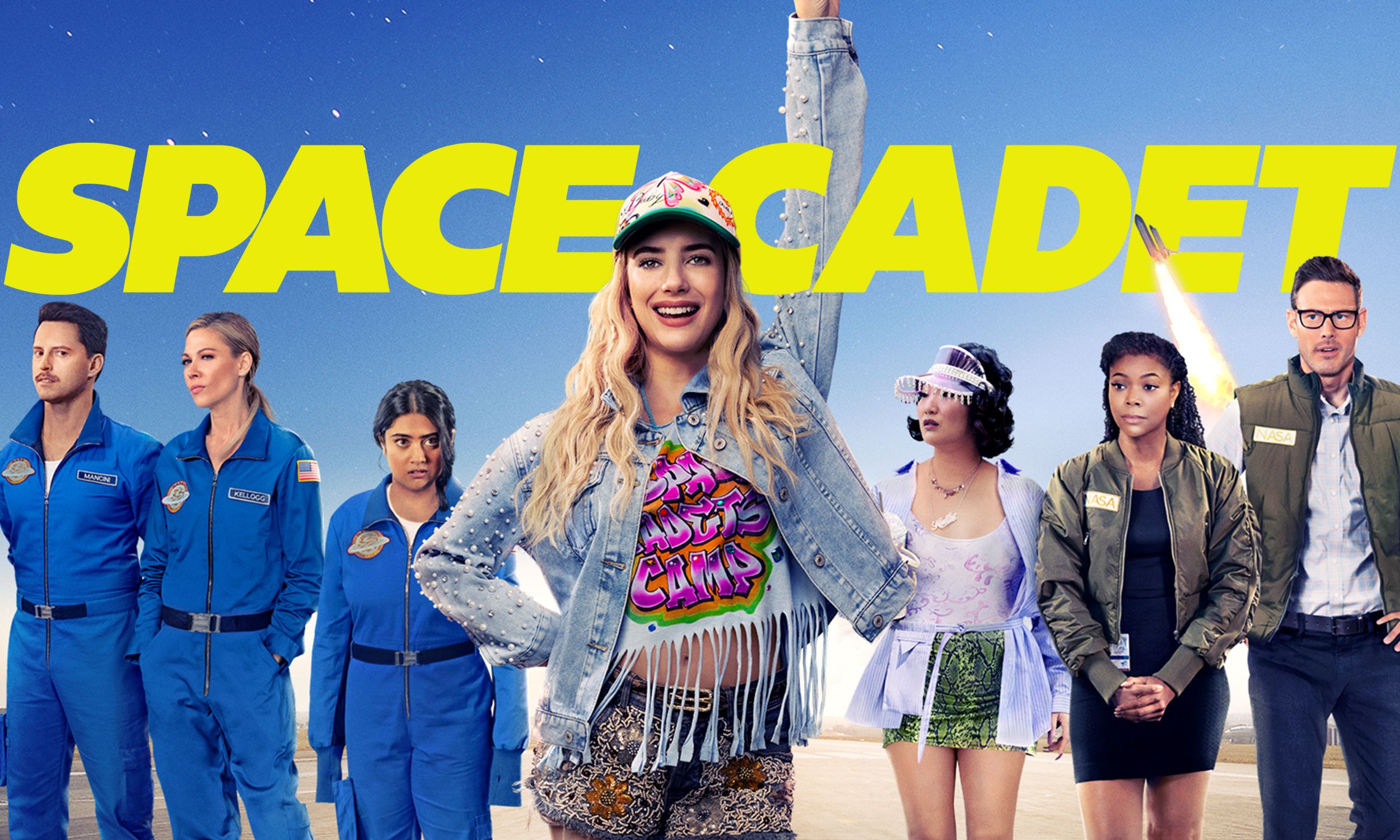
In Space Cadet, space exploration becomes a trendy pursuit. Emma Roberts portrays a Florida party girl who, after falsifying her resume, is mistakenly accepted into an astronaut training program.
The film emphasizes the hard work of becoming an astronaut while promoting the idea of following dreams, regardless of an unconventional path.
Unlike many space blockbusters such as 2001: A Space Odyssey and Interstellar, which emphasize the terror of the unknown, these two films adopt a more playful approach to space exploration.
Space Cadet offers a chaotic, modern-day twist reminiscent of Legally Blonde, while Fly Me to the Moon provides a humorous reinterpretation of the 1969 moon landing.
Their simultaneous release in July likely nods to the 55th anniversary of the 1969 moon landing, with the timing also evoking the patriotic spirit surrounding July 4.
The first moon landing, marked by the planting of the U.S. flag, came during a period of major historical turmoil, including the Vietnam War and the repercussions of President John F. Kennedy’s assassination. Nixon’s 1969 inauguration speech, partially featured in Fly Me to the Moon, captured this era’s idealism.
In Fly Me to the Moon, the need to galvanize public support for space missions leads to hiring a team to potentially fake the moon landing.
Space Cadet takes for granted the inherent coolness of space travel, showcasing Roberts’s character, a gator-wrangling bartender, who defies the odds with her enthusiasm and untapped potential. Despite her unconventional background, she holds her own among highly qualified peers.
Roberts’s character, Rex, is a fictional creation but resonates universally. Her awe at the stars, expressed with a simple, “This is rad,” captures the wonder of space.
Roberts herself, reflecting on her role, noted the universal fascination with space, even among children, highlighting its enduring beauty and mystery.
“I love space,” she told Yahoo Entertainment. “Humans are endlessly fascinated by it. There’s something so hopeful about space. The fact that even a three-year-old could appreciate the stars — that tells you everything you need to know.”

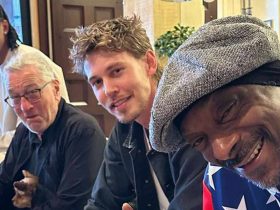

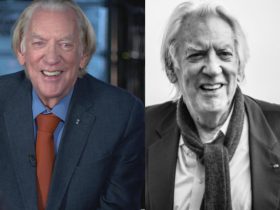
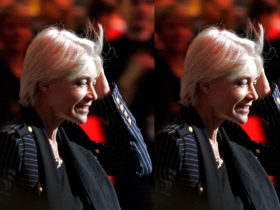





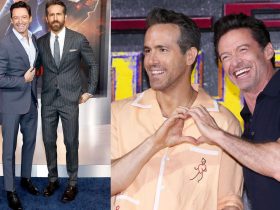
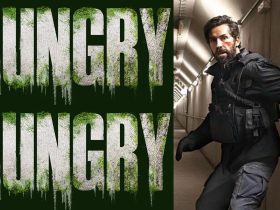
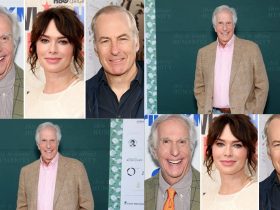
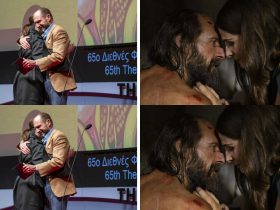
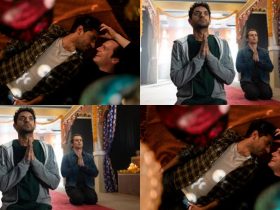
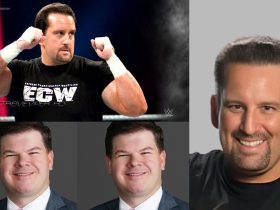

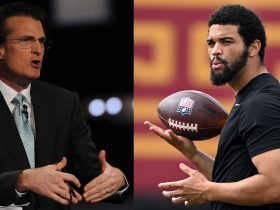


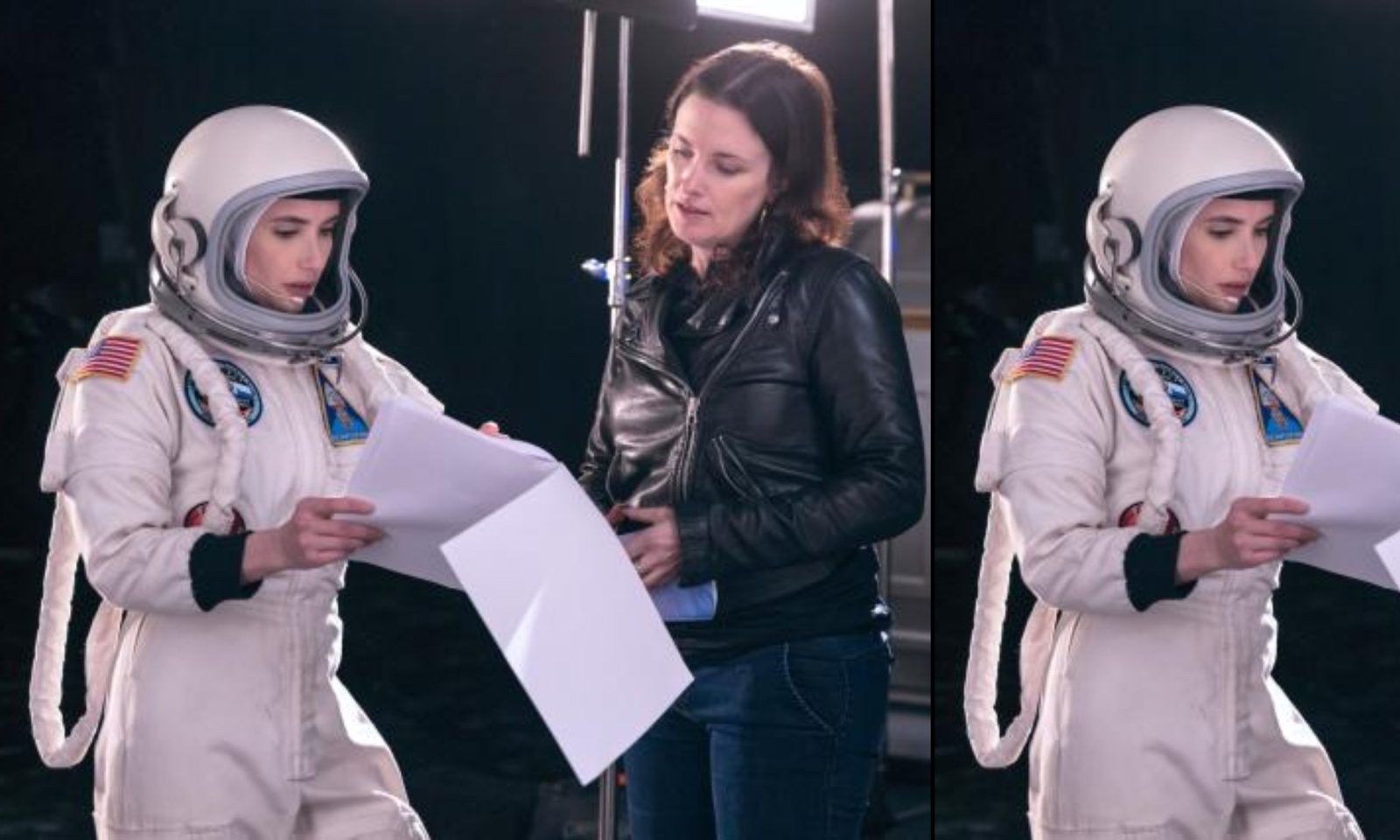





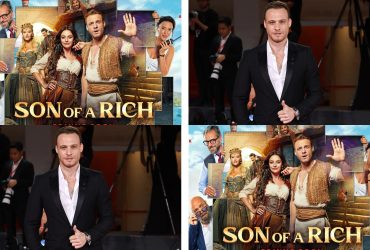

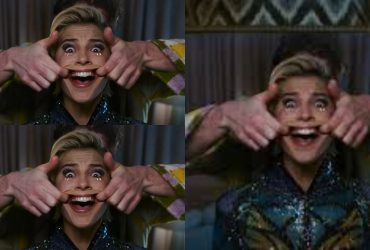
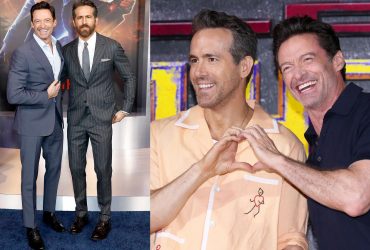
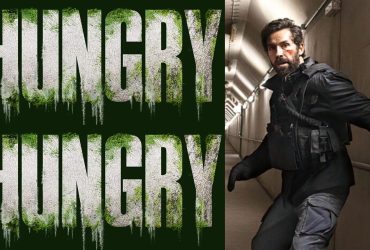
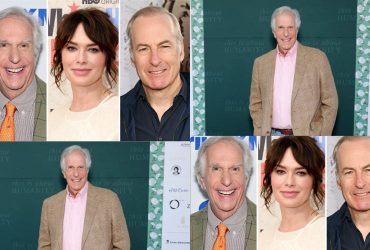
Leave a Reply